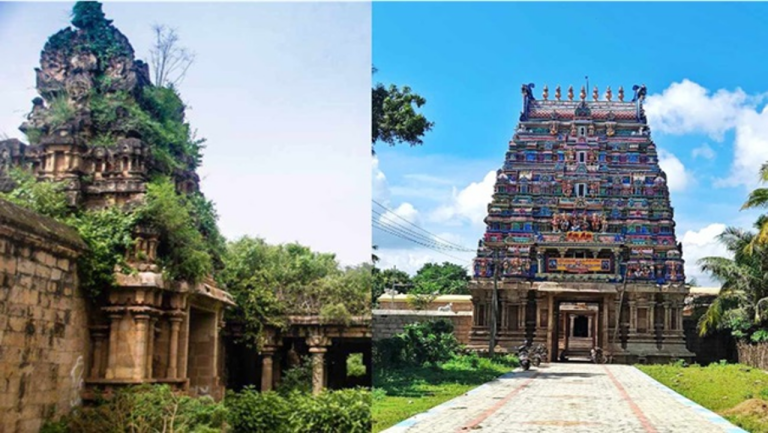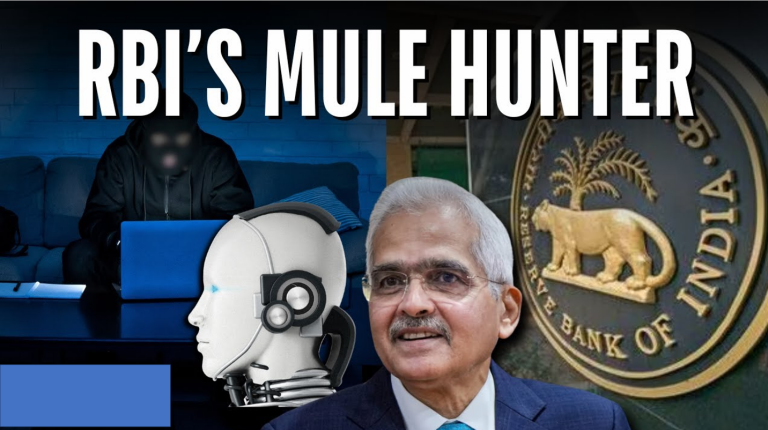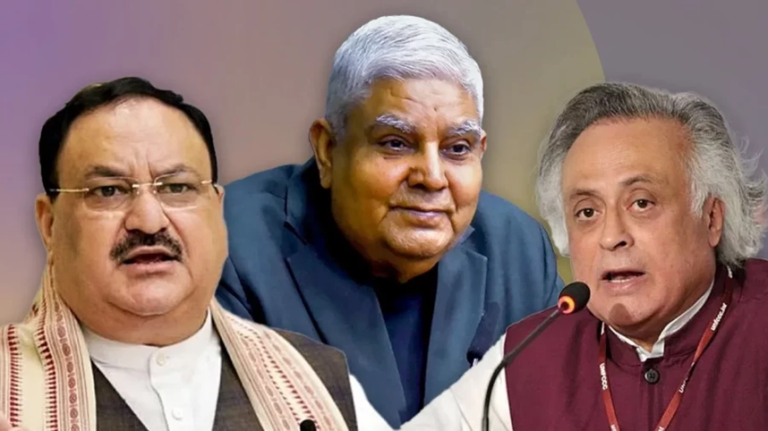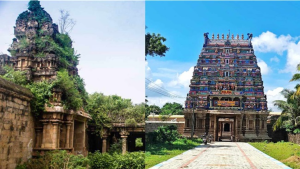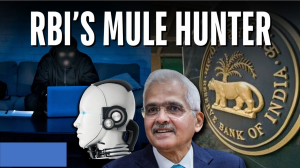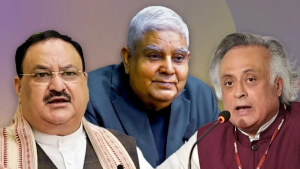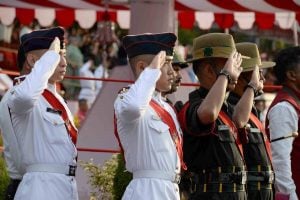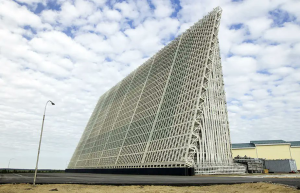DAILY CURRENT AFFAIRS 6th July 2021
PM addresses CoWin Global Conclave
- India offers CoWIN platform as a digital public good to the world to combat COVID19.
- CoWin platform is being made open source, available to all countries: PM.
- With nearly 200 million users, the ‘Aarogya Setu’ app is a readily available package for developers: PM.
- Guided by the approach of ‘One Earth, One Health’, humanity will certainly overcome this pandemic.
Melting of Arctic’s ‘Last Ice Area’
- The ‘Last Ice Area’ (LIA), located in the Arctic’s Ice north of Greenland, has started melting earlier than what the scientists had expected.
- This region is located north of Greenland and Ellesmere Island in the Canadian territory of Nunavut.
- This area was believed to be strong enough to withstand global warming.
- The total disappearance of summer ice in the Arctic was estimated by the year 2040, however the ‘Last Ice Area’ was the exception.
- It is used by polar bears to hunt for seals who use ice to build dens for their offspring. Walruses too, use the surface of the ice for foraging (to search for food).
Project BOLD: KVIC
- Khadi and Village Industries Commission (KVIC) launched a project named Bamboo Oasis on Lands in Drought (BOLD) from the village NichlaMandwa in Udaipur, Rajasthan.
- Under the project 5000 saplings of special bamboo species from Assam – have been planted over 16 acres of vacant arid Gram Panchayat land of village.
- First of its kind in India, KVIC has created a world record in such achieving such feat.
- It seeks to create bamboo-based green patches in arid and semi-arid land zones.
- It has been launched as part of KVIC’s “Khadi Bamboo Festival” to celebrate 75 years of independence “Azadi ka Amrit Mahotsav”.
New Norms for Independent Directors: SEBI
- The Securities and Exchange Board of India (SEBI) has approved stricter norms related to appointment of independent directors and decided to introduce a framework for accredited investors along with other measures.
- Independent Director/ Outside director: is a director on a board of representing minority shareholders and who does not have a pecuniary relationship.
- Accredited Investors: Sebi has approved this new category of wealthy, well-informed investors who will be allowed to invest in riskier products, not usually allowed to individuals.
- Independent directors: can be appointed only through a special resolution passed by shareholders. A special resolution requires 75% of votes in favor to be passed.
- The regulator has also elaborated and strengthened the disclosure requirements for the skills required to be an independent director.
- Accredited Investors: These entities could be individuals, family trusts, proprietorships, etc.
- They will be given the flexibility to invest the less than minimum amount mandated in Sebi rules and to some extent get relaxation from regulatory requirements.
- The new norms will be effective from 1st January 2022 and seek to strengthen the corporate governance practices as well as attract more investors.
“Harit Dhara” Developed by ICAR
- Indian Council of Agricultural Research (ICAR) has developed an anti-methanogenic feed supplement ‘Harit Dhara’ (HD), which can cut down cattle methane emissions by 17-20% and can also result in higher milk production.
- Rumen, the first of the four stomachs where they eat plant material, cellulose, fiber, starch, and sugars. These get fermented or broken down by microorganisms prior to further digestion and nutrient absorption.
- Belching cattle, buffaloes, sheep, and goats in India emit an estimated 9.25 million tones (mt) to 14.2 mt of methane annually, out of a global total of 90 mt-plus from livestock.
REVIEW QUESTIONS
- ‘Living Planet Report’ sometimes seen in news is associated with?
- Worldwide Fund for Nature
- UNEP
- IUCN
- UNESCO Biosphere Reserve Network
ANSWER: A
- Where is the HQ of Zoological Survey of India?
- Delhi
- Mumbai
- Kolkata
- Chennai
ANSWER: C
- The Arctic Council is a high-level intergovernmental body consisting of _______ Nations.
- 7
- 8
- 9
- 10
ANSWER: B
- The 1996 _________ established the Arctic Council.
- Ottawa Declaration
- Greenland Declaration
- New York declaration
- Geneva Declaration
ANSWER: A
- As of May 2019, _______ non-Arctic states have Observer status at ‘The Arctic Council’.
- 11
- 12
- 13
- 14
ANSWER: C
- _________India’s first research station located at the International Arctic Research base, Norway.
- Bharathi
- Himadri
- Maithri
- Dakshin Gangotri
ANSWER: B
- The Livestock Census has been conducted in the country periodically since_______.
- 1919-20
- 1929-30
- 1939-40
- 1949-50
ANSWER: A
- The Livestock Census in India are conducted for every ________?
- 10 Years
- 5 Years
- 2 Years
- 3 Years
ANSWER: B
- Which of the following ministry undertakes the exercise of Livestock Census?
- Ministry of Fisheries, Animal Husbandry and Dairying
- Ministry of Agriculture & Farmers’ Welfare
- Ministry of Statistics and Programme Implementation
- Ministry of Consumer Affairs
ANSWER: A
- The Animal Welfare Board of India was established in?
- 1960
- 1961
- 1962
- 1963
ANSWER: C
ALSO READ: Latest Daily Current Affairs and Defence Updates



